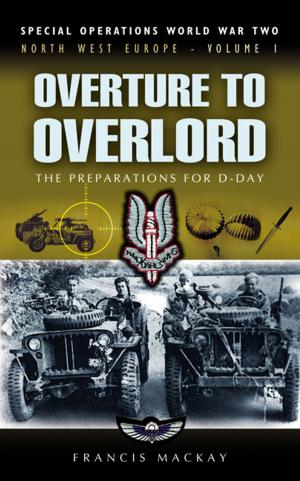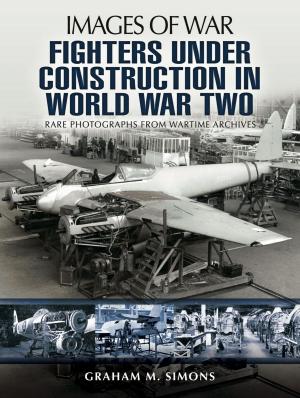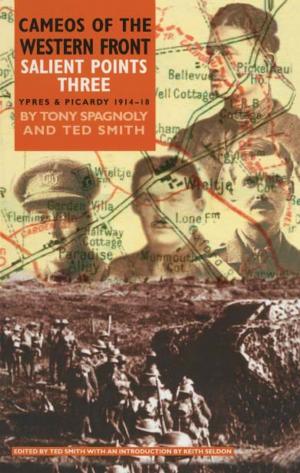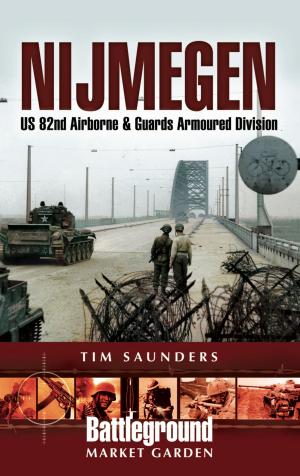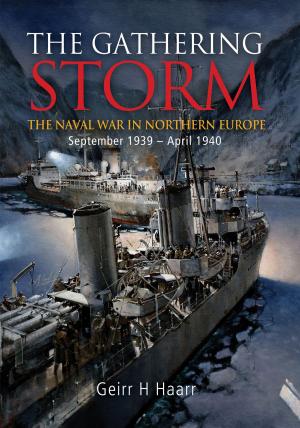| Author: | John J Eddleston | ISBN: | 9781473870567 |
| Publisher: | Pen and Sword | Publication: | June 30, 2017 |
| Imprint: | Pen and Sword Military | Language: | English |
| Author: | John J Eddleston |
| ISBN: | 9781473870567 |
| Publisher: | Pen and Sword |
| Publication: | June 30, 2017 |
| Imprint: | Pen and Sword Military |
| Language: | English |
In the Great War of 1914-1918, Southampton played a vital role in the war effort. Designated as Port Number One it saw hundreds of thousands of men and many tons of equipment sail for the fields of Belgium and France.
The Second World War was a completely different type of war. Hitler’s blitzkrieg tactics led to a more mobile war and, arguably for the first time, airpower played a crucial role. Whoever had superiority in the air had a massive advantage in any particular theater, or battle. This does not, however, mean that Southampton’s role was relegated to a minor one.
Southampton’s men still enlisted in their hundreds. Her women took over roles in factories, on buses and trams, and many of them also served in the armed forces. Her citizens formed defense groups and helped to watch for the enemy invasion and those same citizens suffered greatly when the bombs fell. The Southampton Blitz claimed many lives and this, perhaps, was the greatest difference the town saw in this second global conflagration. It is true that her citizens had also served in the Great War but now, through the efforts of the Luftwaffe, these men, women and children were now also in the front line.
Hitler once described Germany’s plans as “total war”. The phrase is certainly apt when one considered how the towns and cities of Britain suffered during the Nazi supremacy. One of those towns was Southampton, a town that once again, just 20 short years after she had given so much, had to brace herself for long years of war in which every single person had their role to play.
And once again, Southampton and her citizens were not found wanting.
In the Great War of 1914-1918, Southampton played a vital role in the war effort. Designated as Port Number One it saw hundreds of thousands of men and many tons of equipment sail for the fields of Belgium and France.
The Second World War was a completely different type of war. Hitler’s blitzkrieg tactics led to a more mobile war and, arguably for the first time, airpower played a crucial role. Whoever had superiority in the air had a massive advantage in any particular theater, or battle. This does not, however, mean that Southampton’s role was relegated to a minor one.
Southampton’s men still enlisted in their hundreds. Her women took over roles in factories, on buses and trams, and many of them also served in the armed forces. Her citizens formed defense groups and helped to watch for the enemy invasion and those same citizens suffered greatly when the bombs fell. The Southampton Blitz claimed many lives and this, perhaps, was the greatest difference the town saw in this second global conflagration. It is true that her citizens had also served in the Great War but now, through the efforts of the Luftwaffe, these men, women and children were now also in the front line.
Hitler once described Germany’s plans as “total war”. The phrase is certainly apt when one considered how the towns and cities of Britain suffered during the Nazi supremacy. One of those towns was Southampton, a town that once again, just 20 short years after she had given so much, had to brace herself for long years of war in which every single person had their role to play.
And once again, Southampton and her citizens were not found wanting.

